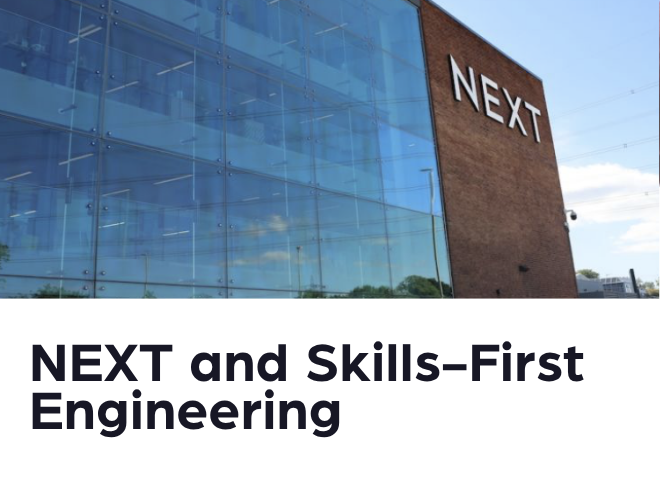The space industry isn’t all rockets and moon missions. It’s a massive and growing sector that covers everything from defence to climate research, and it’s crying out for skilled people.
Good news: if you’ve served in the armed forces, you’ve already got a head start.
What is the space industry, actually?
It’s every function related to the exploration, development, and use of space. That includes:
- Designing and launching satellites
- Supporting national security
- Monitoring climate data
- Building spacecraft
- Running spaceport infrastructure
- And yes, the sciencey stuff too
In short: if you’ve got technical skills, strategic thinking, or operational experience, there’s likely a role for you.
Why it’s a brilliant industry to move into
- The UK space sector grew by £1 billion in 2022–2023
- Nearly 300 new companies joined the field last year
- The government’s throwing serious investment behind it, £635 million and counting
- Space jobs support national security, climate response, and tech innovation
It's not just important, it's booming. And it’s here to stay.
Types of companies in the space sector
- Satellite Technology Companies – design, build, and launch satellites. Comms, GPS, Earth observation, you name it.
- Aerospace Manufacturers – engineers and makers of aircraft, spacecraft, and components.
- Space Exploration & Research – think deep space missions, data gathering, and experiments that push science forward.
- Space Transportation Services – launch providers that send payloads, satellites, and (eventually) people into orbit.
These companies aren’t just hiring engineers with PhDs. They need planners, project leads, operations experts, security analysts, you know, roles that actually resemble military jobs.
Why space might be the perfect civvie landing spot for you
- Innovation at your fingertips – spacecraft design, propulsion systems, robotics… the tech here is next-level
- Real-world impact – satellites help track environmental disasters, monitor global security, and combat climate change
- High demand – skilled workers are needed across the board
- Job security – big investment means long-term opportunities with stability
- Global relevance – this sector matters everywhere, not just in Silicon Valley
[RESOURCE]
What do you already bring to the table?
Here’s where your military occupational skills start doing the heavy lifting.
- Technical skills – You’ve worked with complex systems, machinery, and tools. That foundation makes you a strong candidate for engineering and maintenance roles.
- Precision and discipline – Critical in an industry where one mistake can cost millions. Your approach to planning, detail, and structure is a huge asset.
- Strategic thinking under pressure – From satellite launch ops to mission control, they need people who can stay calm, think clearly, and solve problems fast.
- Intelligence handling and analysis – Space companies use data to make big calls. You already know how to assess threats, plan missions, and adapt based on complex information. That translates.
How to get a job in the space sector
- Develop the right skills – If you’re eyeing a role in aerospace engineering or data analysis, you might need to top up your training. But don’t worry—military resettlement grants and learning credits can help with this.
- Gain experience – Look for work placements, internships, or taster sessions. Many space firms support ex-forces jobs UK and offer structured transition opportunities.
- Network – Go to industry events, follow key players on LinkedIn, and get into veteran groups already working in the sector.
- Use Redeployable – We’ve got partnerships with space sector organisations, including UKspace, and are actively working to get service leavers into this industry.
Bottom line? The space industry is open for business, and it wants veterans.
If you’re after a second career that feels exciting, high-impact, and packed with opportunity, space could be your next mission.
At Redeployable, we leverage AI to make career resettlement simple, transparent, and tailored to you. Our AI-powered tools help to match you with careers based on more than your rank or role, analyse your skills to highlight civilian job matches you may not have considered and provide step-by-step guidance so your transition isn’t a guessing game.
Your next job could be out of this world. (Sorry. We had to.)
[CALLOUT]





.png)
.avif)


